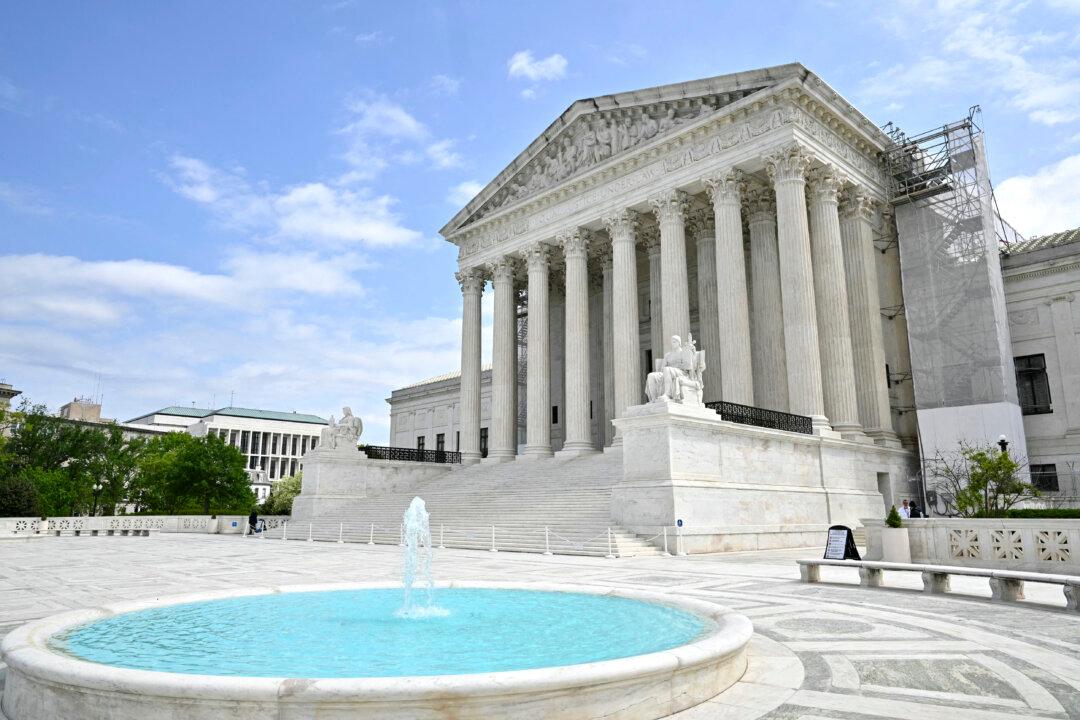The Supreme Court unanimously ruled on May 30 that a federal appeals court used the wrong legal standard when it found that a New York state law that requires banks to pay interest on mortgage escrow accounts was preempted by the National Bank Act.
When federal preemption takes place, this means that a state law that conflicts with federal law is invalid.





